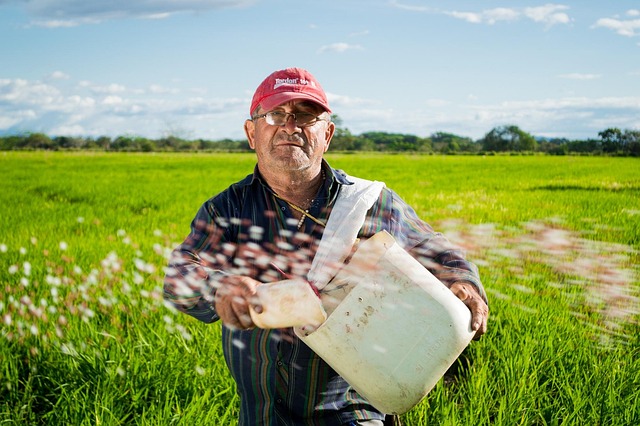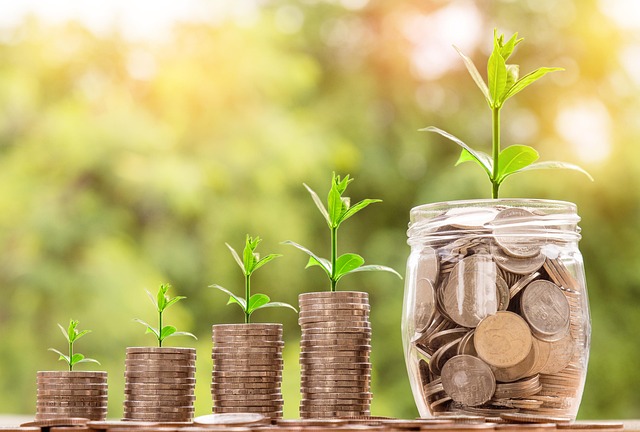In today’s fast-paced world, embracing a sustainable lifestyle is not just a trend; it’s a vital commitment to our planet. The good news is that even simple actions like growing your own fruits and vegetables can make a significant impact on both the environment and your well-being. By turning your gardening space into a green sanctuary, you can cultivate a rich harvest while nurturing nature.
Creating a sustainable garden starts with understanding the importance of organic practices. Using natural compost instead of chemical fertilizers not only enriches your soil, promoting healthy plant growth, but also minimizes environmental impact. Choose to plant native species—those that are naturally found in your area—since they require less water and are better adapted to local conditions. This approach contributes to biodiversity and creates a balanced ecosystem in your garden.
When we think of eco-friendly gardening, our minds often drift to the vibrant tapestry of vegetables and fruits that can thrive right in our backyards. Imagine stepping out into your garden and picking fresh tomatoes, crisp cucumbers, and fragrant herbs—all thriving without harming Mother Earth. Interplanting crops not only maximizes your space but also naturally deters pests, eliminating the need for harmful pesticides. This symbiotic relationship mimics the beauty of nature, showcasing how everything is interconnected.
Sustainable gardening is also about water conservation. Employing techniques such as rainwater harvesting, mulching, and drip irrigation ensures that every drop counts. Not only does this practice support your garden, but it also reduces the water burden on local resources. The sight of green leaves flourishing under a fresh sprinkle of rainwater has a serene beauty that ties us back to the rhythm of the natural world.
Composting is another fundamental aspect of a sustainable lifestyle. By composting kitchen scraps and garden waste, you create a thriving ecosystem in your compost bin, which returns essential nutrients back to the soil. This circle of life embodies the natural process, ensuring your crops are nourished without additional harm to the planet. Plus, it’s an excellent way to engage children in gardening—a fun, educational experience that instills respect for the environment.
Additionally, the joy of sharing your homegrown produce with friends and family captures the essence of community. By growing fruits and vegetables, you not only contribute to a healthier lifestyle for yourself but also inspire others to embrace eco-friendly practices. Host a small gathering to share your bounty, discuss sustainable gardening tips, and encourage others to join the green revolution!
As you tread the path of a sustainable lifestyle, consider the importance of reducing waste. Planting a diverse array of crops enables you to use every inch of your garden effectively, minimizing any excess. From leafy greens to vibrant fruits, every plant contributes to a healthier living space while simultaneously benefiting the earth.
In essence, gardening offers a profound connection to the natural world, allowing us to realign our lifestyles with sustainable practices. By integrating eco-friendly methods, you can cultivate a garden that not only feeds your body but also nourishes your spirit. Each seed planted echoes a commitment to a brighter, greener future—one tomato, one cucumber, and one carrot at a time.




